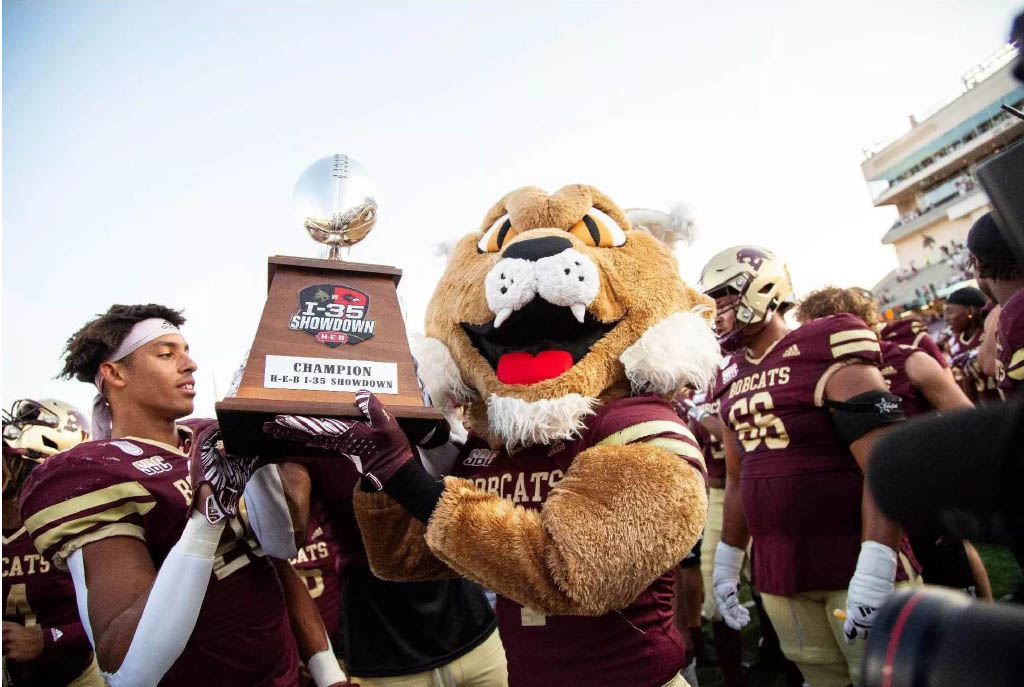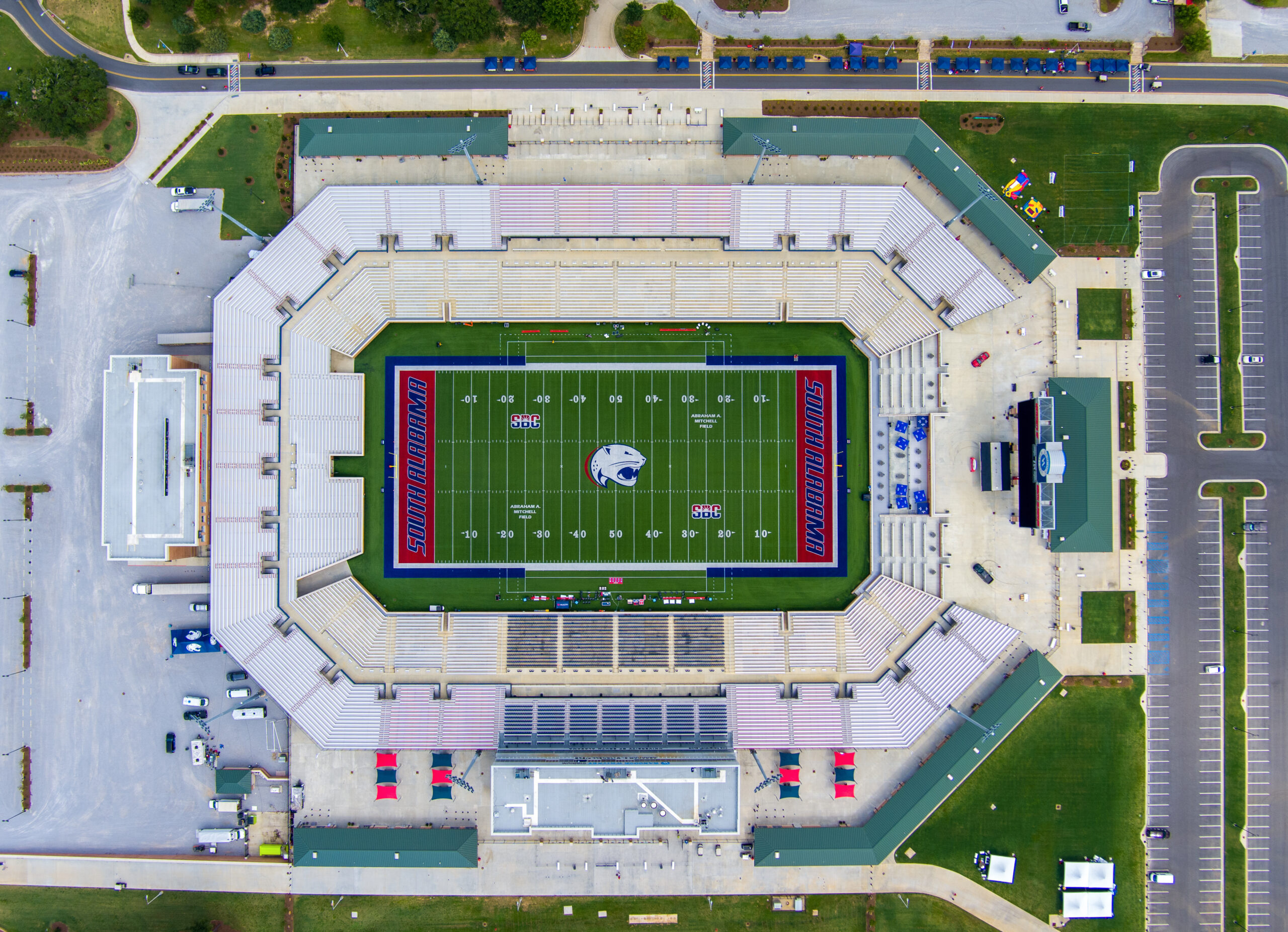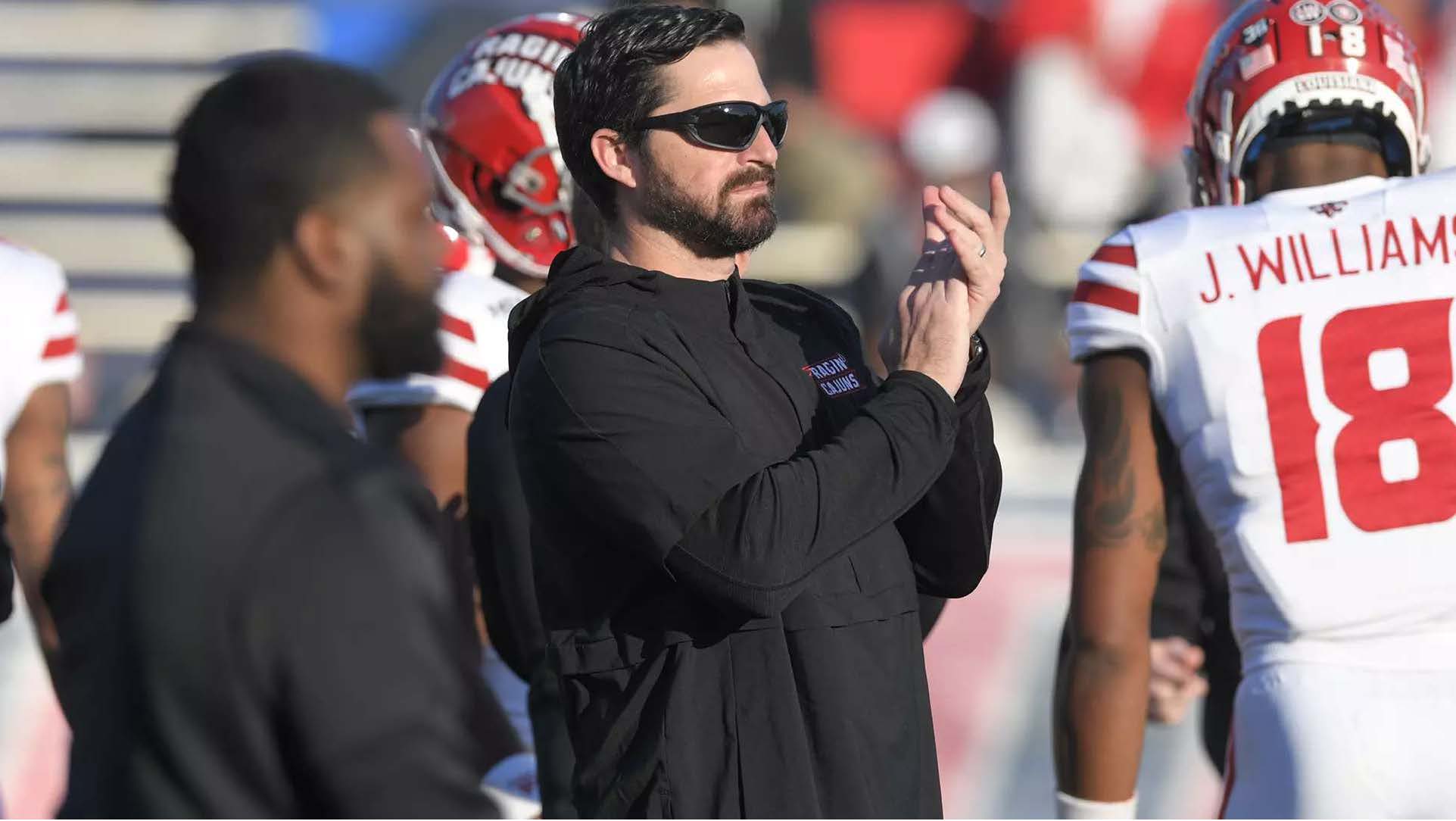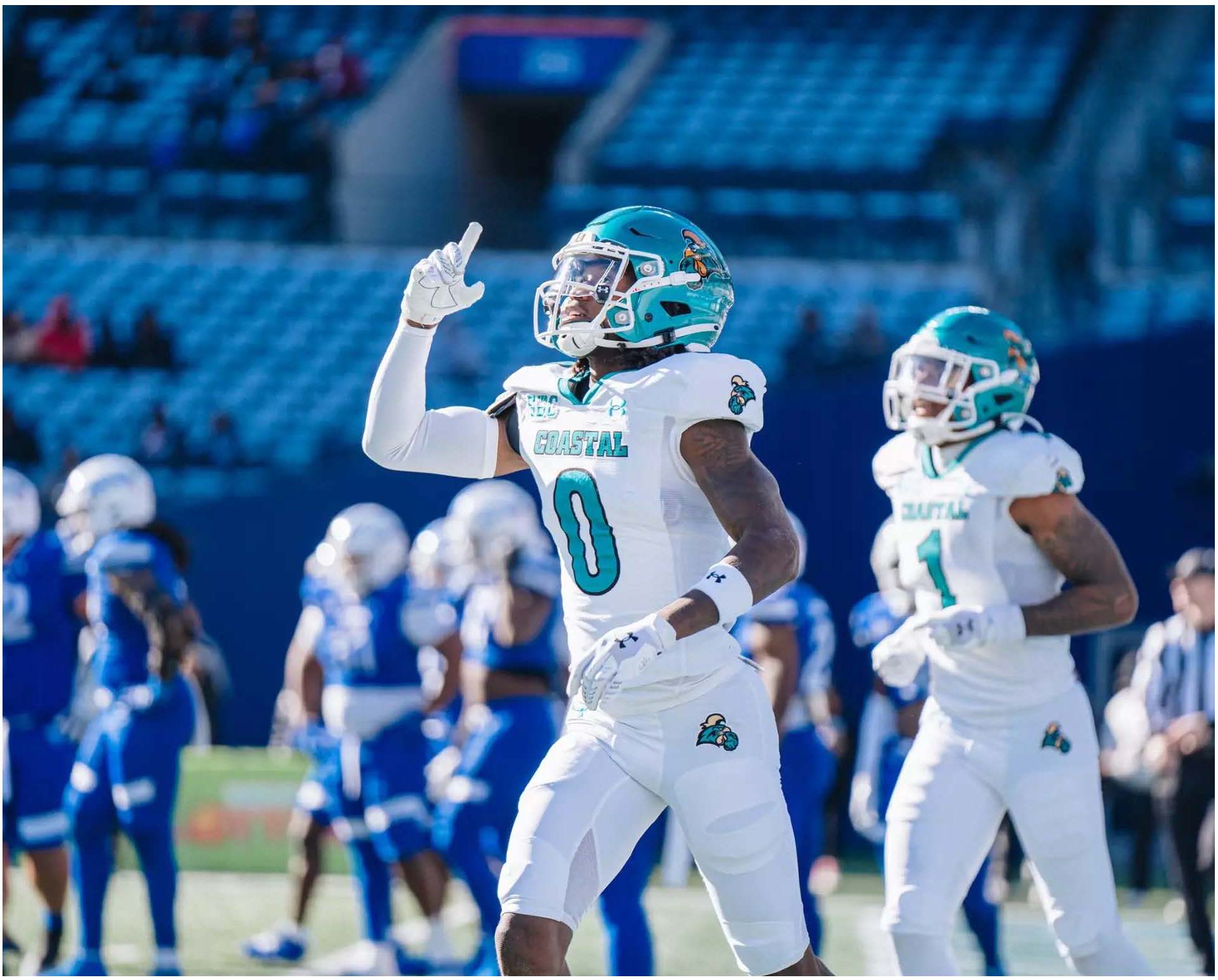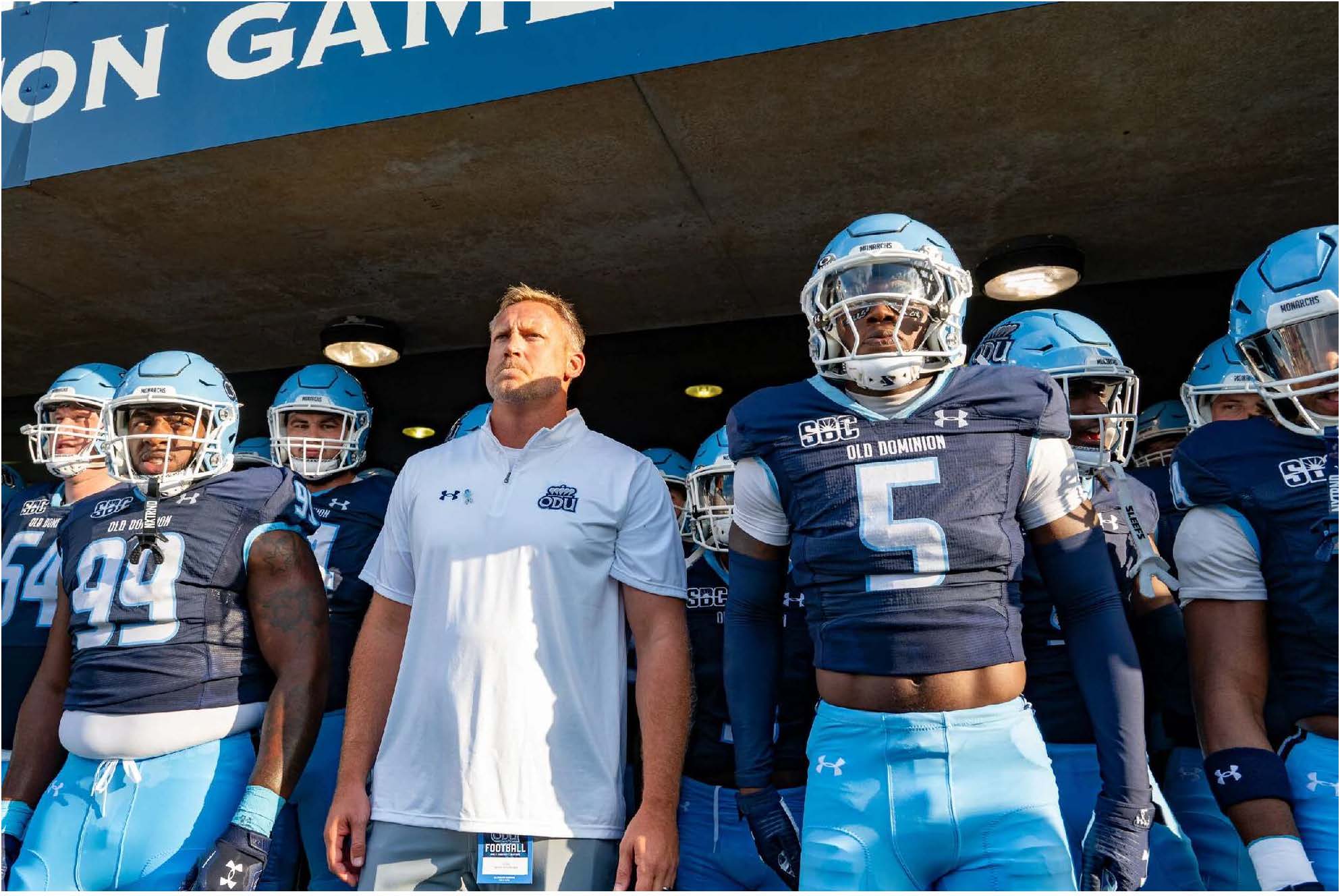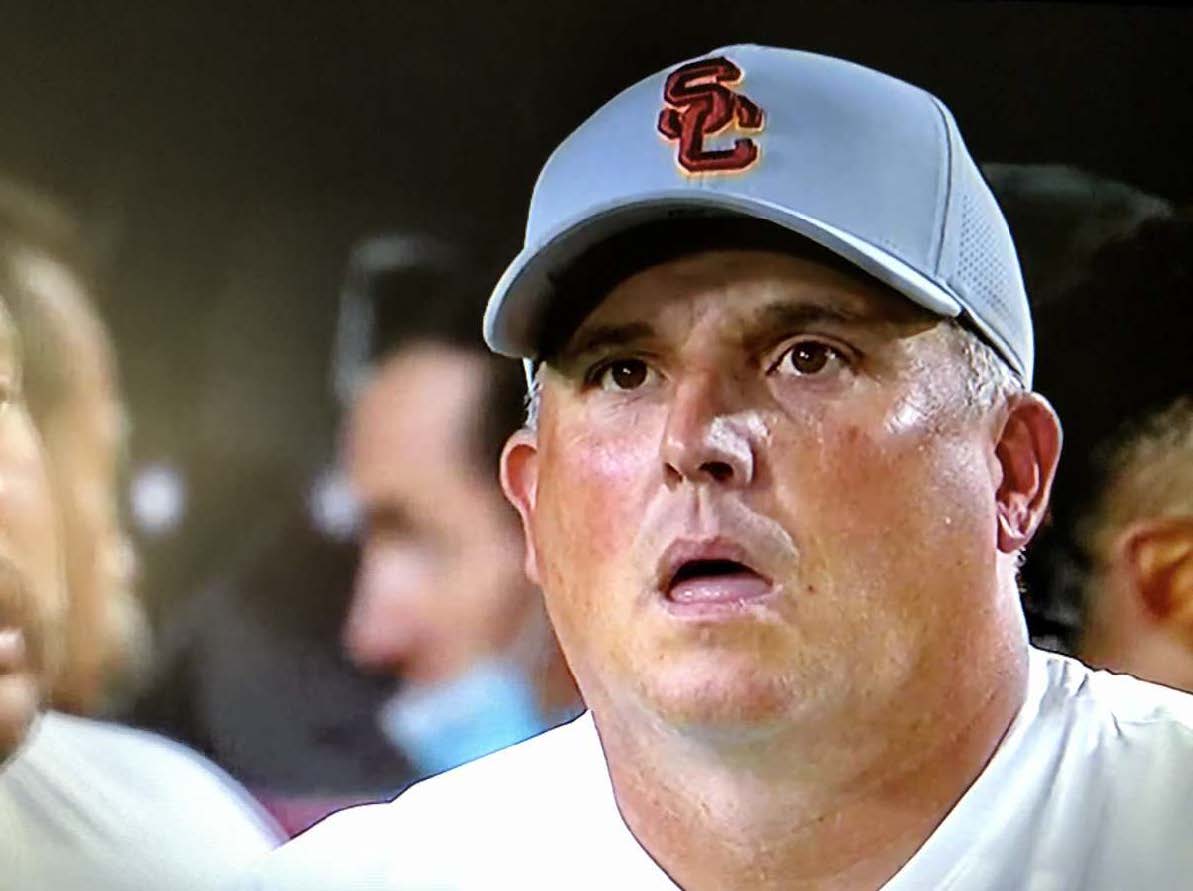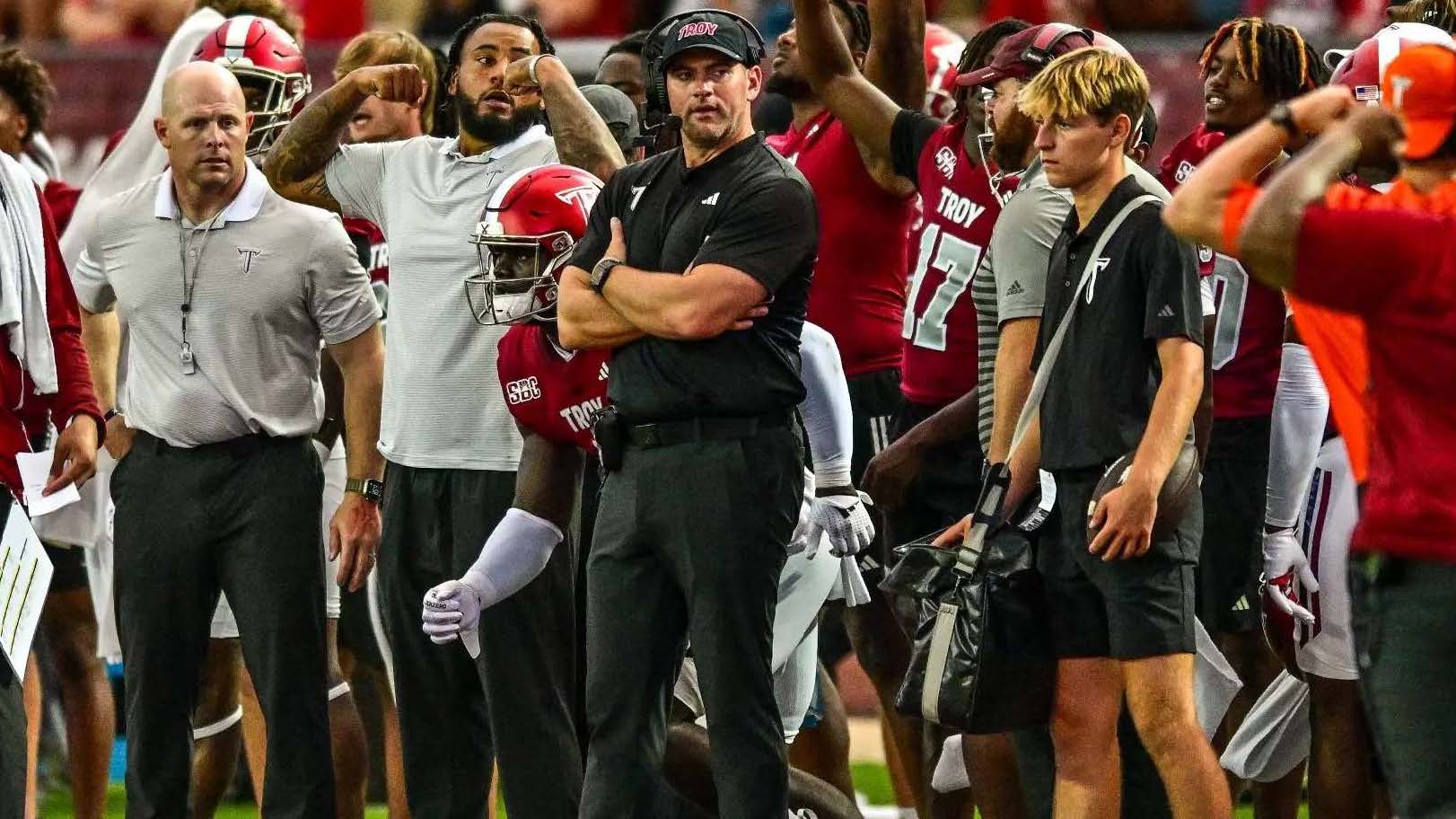
Blog Article
Bob Chesney’s James Madison Experiment Is About To Get Very Real
Most first-year coaching hires crash and burn within 24 months.
Bob Chesney’s .912 hot seat rating after Year One suggests he might be different. The former Holy Cross coach took James Madison from transition chaos to 9 wins and a bowl victory in 12 months. But here’s what nobody wants to admit: Year Two is when the real coaching begins.
The Numbers Don’t Lie About Chesney’s Instant Impact
Chesney inherited a program in flux and immediately delivered results that veteran FBS coaches spend years trying to achieve:
- 407.6 yards per game on offense
- 33.3 points scored per contest
- 321.8 yards allowed defensively
- 20.5 points surrendered per game
- 9-4 overall record with a bowl victory
These aren’t empty statistics padded against weak competition. This represents systematic excellence across 13 games against Sun Belt opponents who had zero respect for a Holy Cross coordinator learning on the job.
The Offensive Balance That Separates Good Coaches From Great Ones
Chesney’s attack showcased the kind of dual-threat capability that keeps defensive coordinators awake at night.
The passing game generated 216.1 yards per contest with quarterback Alonza Barnett III throwing for 2,598 yards and 26 touchdowns. Meanwhile, the ground attack churned out 191.5 rushing yards per game behind a three-headed monster that created matchup nightmares:
- George Pettaway: 980 yards, 6.0 yards per carry
- Wayne Knight: 449 yards, 5.8 yards per attempt
- Barnett III: 442 yards, 7 rushing touchdowns
This isn’t luck or inherited talent producing results.
The Defensive Transformation Nobody Saw Coming
Defense wins championships, and Chesney’s unit delivered championship-level performance immediately.
James Madison allowed just 115.4 rushing yards per game on 3.5 yards per carry. The pass rush generated 41 sacks while the secondary picked off 17 passes. Individual performances reflected the culture Chesney built from day one:
- Eric O’Neill: 13 sacks, 1 interception return for touchdown
- Terrence Spence: 5 interceptions, 1 returned for a score
- Jacob Dobbs: 74 tackles despite missing games
But Here’s The Problem With First-Year Success Stories
College football history is littered with coaches who engineered impressive debut seasons only to collapse when opponents developed better game plans.
The difference between one-year wonders and sustained excellence lies in adaptability. Can Chesney evolve his schemes when opposing coordinators spend entire offseasons studying his tendencies? Will his recruiting relationships prove strong enough to reload talent when players graduate or transfer?
The Transfer Portal Test That Reveals Coaching Sophistication
Chesney’s offseason roster management provides the first glimpse into his strategic thinking.
Rather than panic about departures, he targeted specific needs with surgical precision. Quarterback Matthew Sluka brings experience behind Barnett. Wide receiver Isaiah Alston helps replace graduated targets Omarion Dollison and Taylor Thompson, who combined for 1,081 receiving yards and 12 touchdowns.
More importantly, Chesney retained his rushing attack’s core. Pettaway, Knight, and Jobi Malary all return, providing offensive consistency that first-year coaches rarely enjoy.
The Schedule Reality Check That Will Define Everything
Year Two brings a brutal test of Chesney’s tactical development.
Road games at Louisville and Liberty represent massive step-ups from 2024’s competition level. Home contests against Appalachian State and Georgia Southern feature established coaching staffs with proven Sun Belt success. Washington State’s addition brings Pac-12 talent to Harrisonburg.
These games matter because they remove the “weak competition” qualifier from Chesney’s hot seat rating.
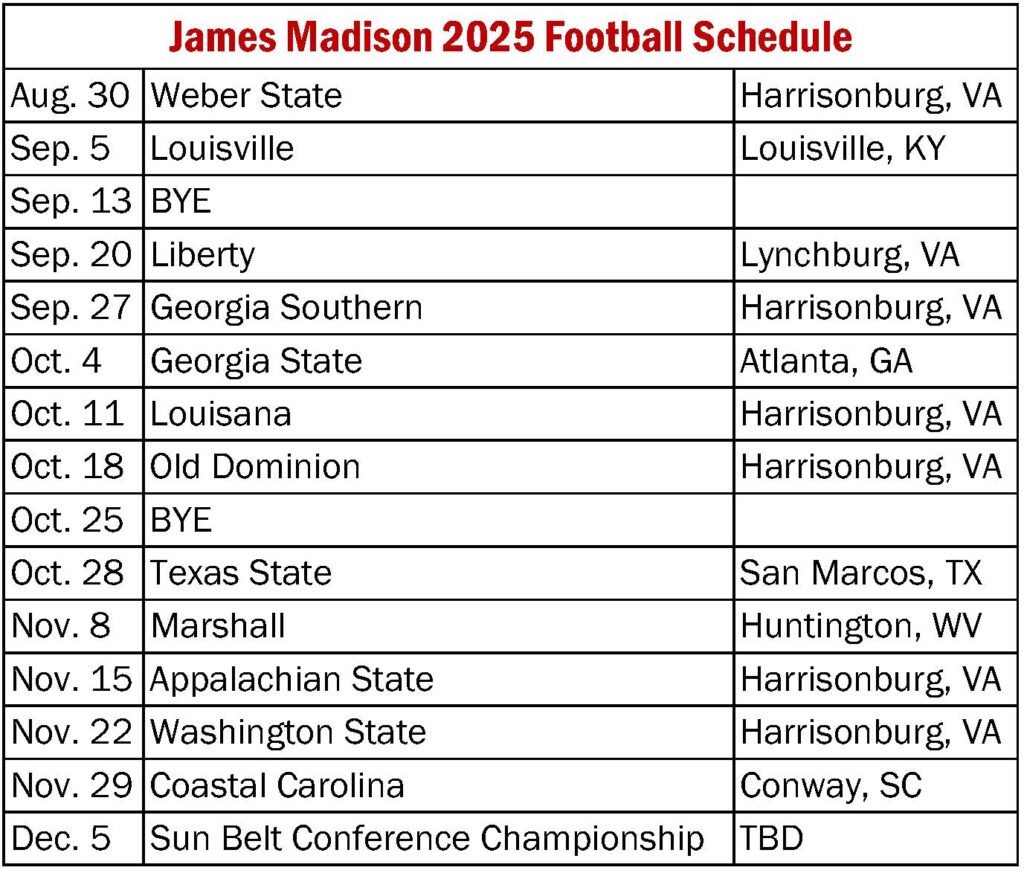
The Sustainability Question That Haunts Every Coaching Success
Chesney’s .912 rating reflects exceptional first-year performance, but sustaining excellence demands different skills than creating it.
The foundation exists through balanced offensive production, stifling defensive improvement, and tactical sophistication that translates into tangible results. The 27-17 Boca Raton Bowl victory over Western Kentucky provided the capstone moment, demonstrating game-planning abilities that justify every bit of optimism surrounding his hire.
The Bottom Line: Validation Season Starts Now
Bob Chesney exceeded every reasonable expectation in Year One.
Year Two determines whether he represents James Madison’s long-term solution or simply benefited from perfect timing and favorable circumstances. His .912 hot seat rating provides breathing room most coaches never enjoy, but sustained success requires proving excellence was no accident.
The real measure of Chesney’s coaching ability begins when 2025 games start counting.


